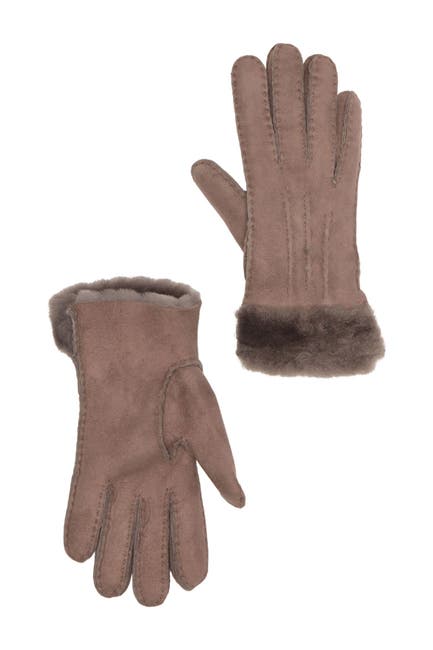Saint Laurent Medium Lou Leather Puffer Bag
Impeccable matelassé stitching highlights the supple lambskin leather of a timeless shoulder bag finished with a polished YSL monogram.
Impeccable matelassé stitching highlights the supple lambskin leather of a timeless shoulder bag finished with a polished YSL monogram. A chain-and-leather pull-through strap can be worn doubled for shoulder carry or extended for crossbody style.
- Magnetic-snap flap closure
- Pull-through chain-and-leather strap
- Interior zip pocket
- Leather
- Made in Italy
- Designer Handbags
- Item #5998112
Additional information
| SIZE INFO | 13"W x 9"H x 4"D. (Interior capacity: medium.) |
|---|






by Amanda
If you are seeking a stylish bag and looking to make a fashion statement—this is the bag! This Monogram “YSL” bag is such an elegant bag and easy to carry! Definitely a great buy!
by Livous
This bag is gorgeous! The leather is so soft and lovely. It can hold a generous amount of stuff inside the bag. I love the style of this puffer and the silver accents are mat not shiny. I’m very happy with this purchase.